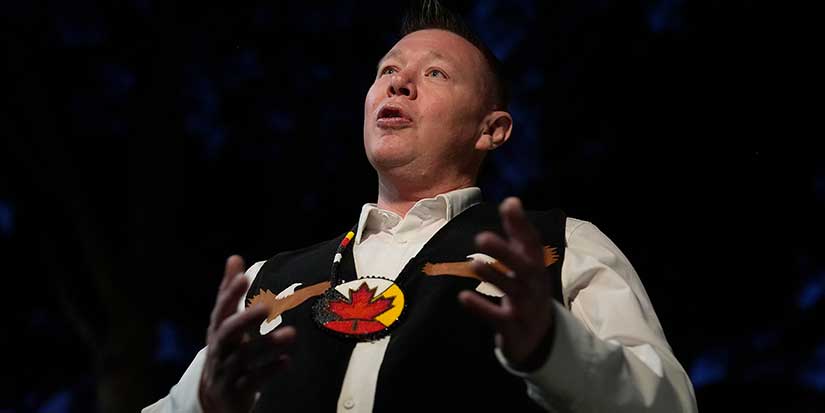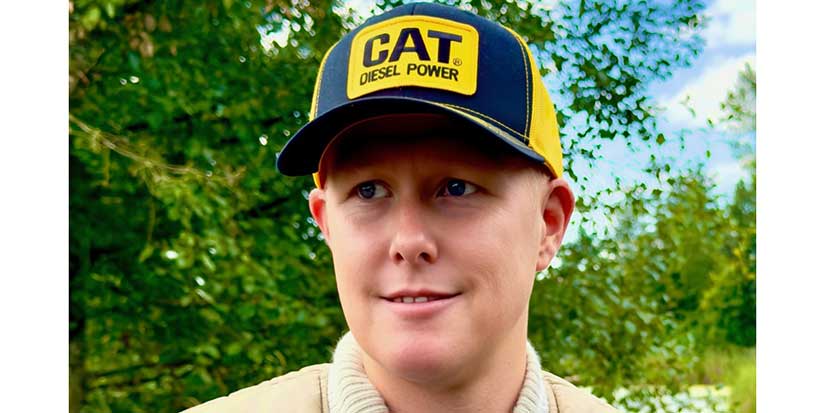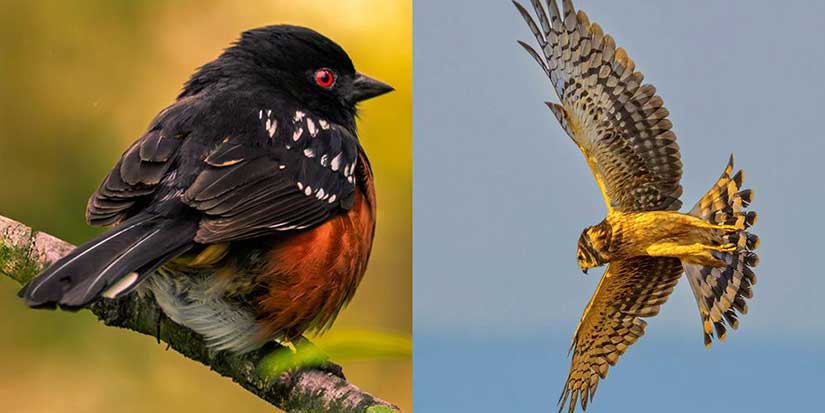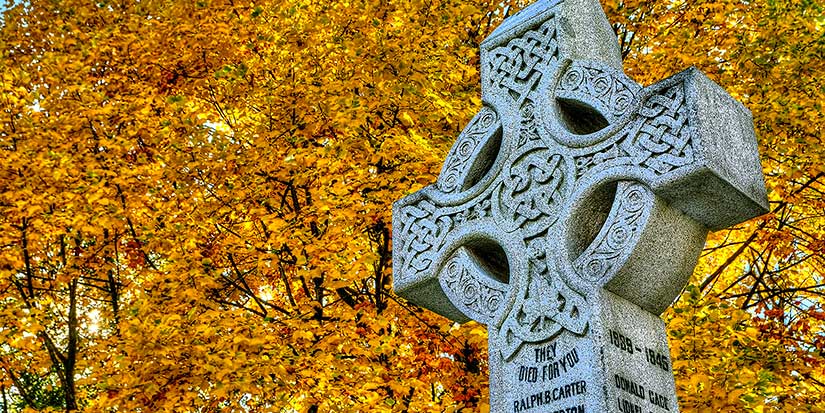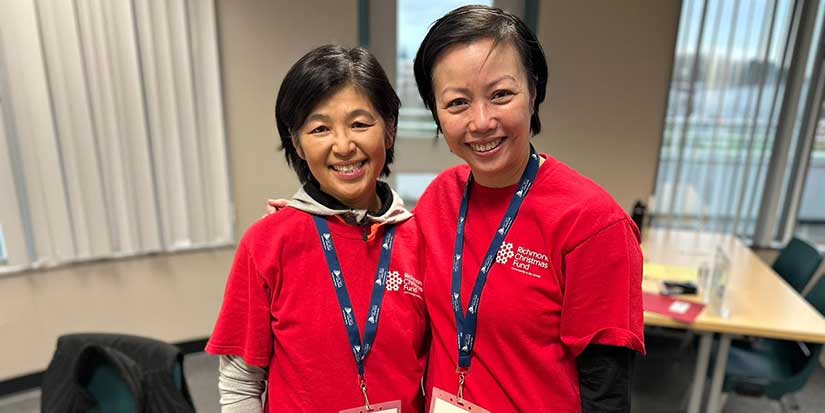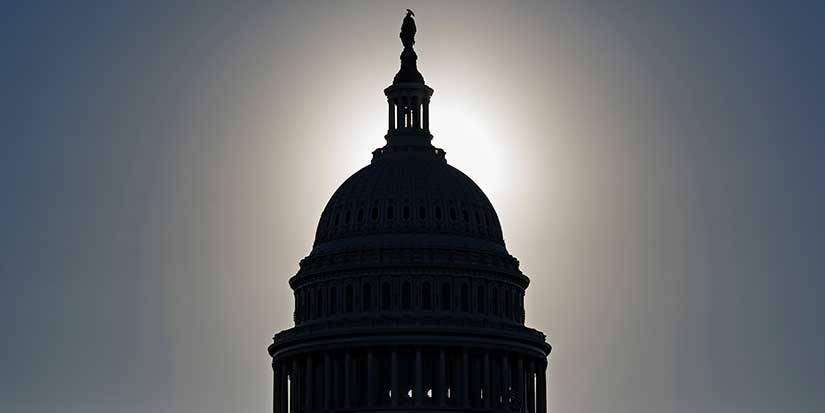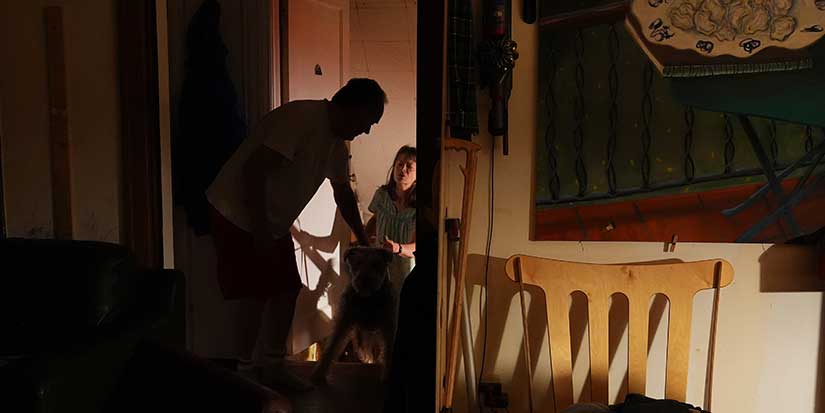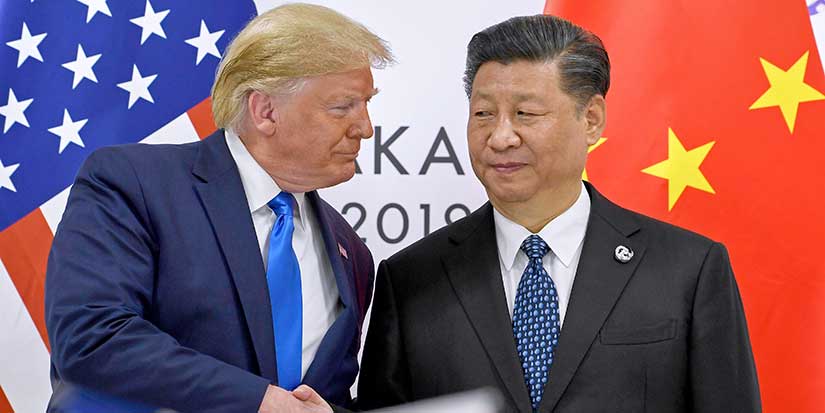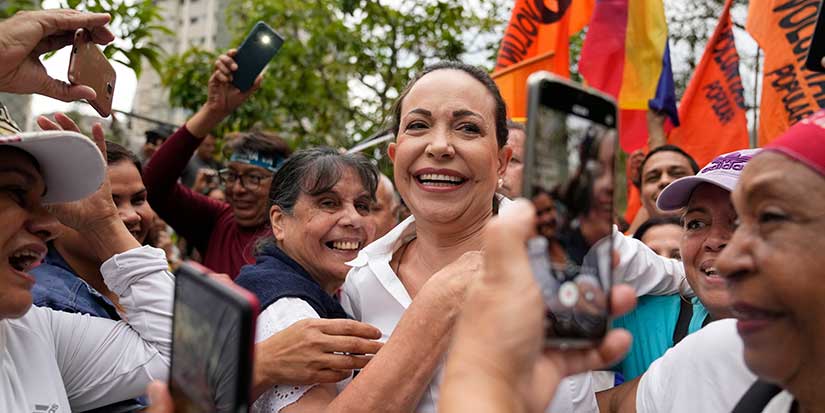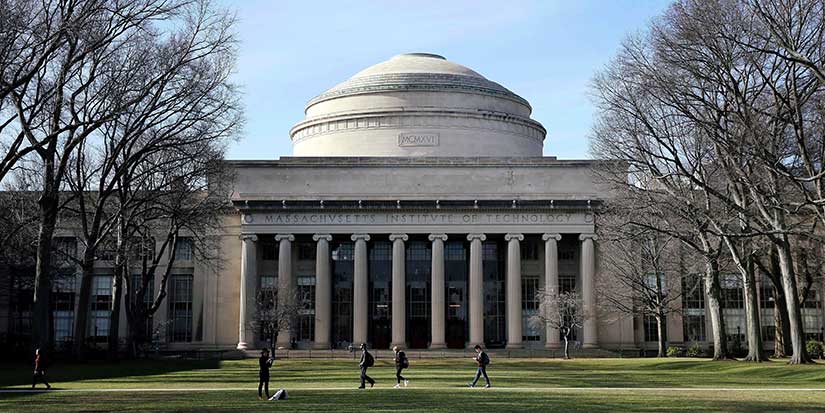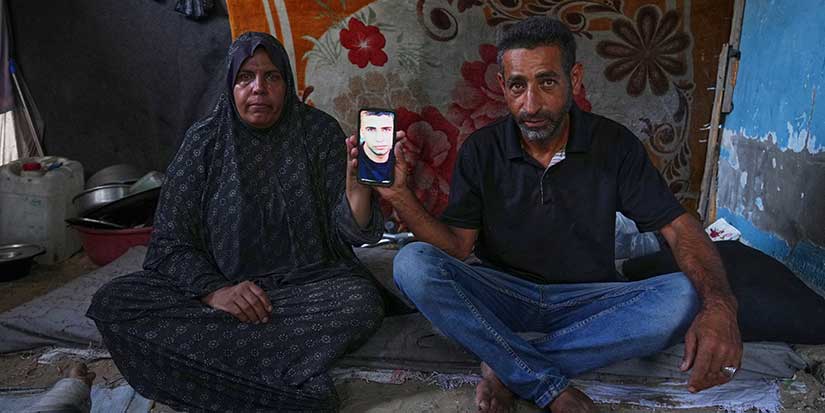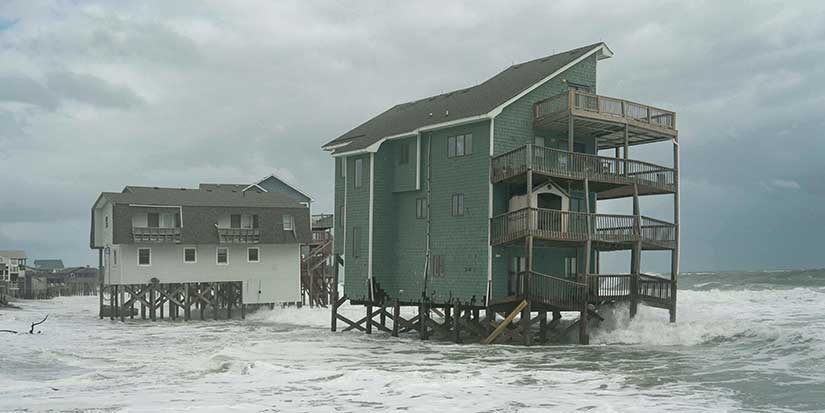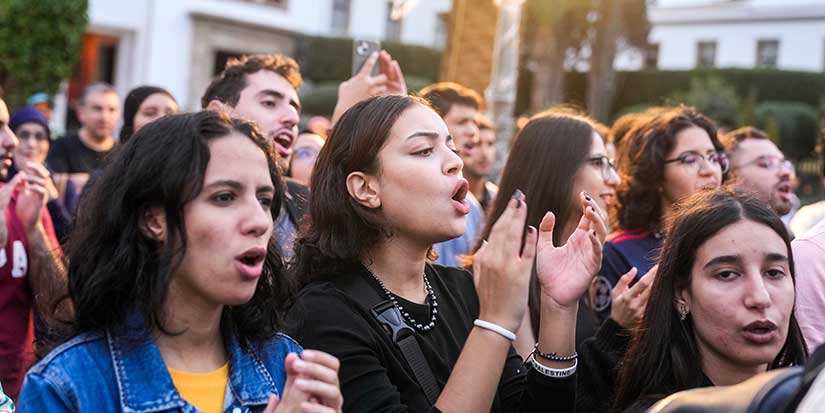National News
MP warns senators against further Indian Act changes without House of Commons input
Published 10:38 PDT, Fri October 10, 2025
—
A Liberal MP is warning a Senate committee studying proposed changes to the Indian Act that it might end up doing more harm than good if it pursues changes to the law that were never endorsed by MPs.
The committee is studying legislation that would eliminate some gender inequities in the Indian Act, allowing some 6,000 people to become eligible for First Nations status.
Witnesses testifying before the Senate committee on Oct. 1, including Assembly of First Nations National Chief Cindy Woodhouse Nepinak, have said that while the legislation is a good first step, sex-based discrimination is still baked into the Indian Act and they want senators to make even more people eligible for status.
Liberal MP Jaime Battiste, a member of the House of Commons committee on Indigenous issues, told The Canadian Press that while that's a noble goal, the Senate isn't the place to introduce sweeping changes to the law beyond those in the proposed legislation.
"It's not something that we should rush into and put an amendment (in) that potentially impacts generations of First Nations status Indians," Battiste said.
First Nations identity is a complex topic, he said, and extending status to more people without thorough consultations with Indigenous communities isn't the way forward.
Battiste said the Commons committee he sits on could study inequities in the Indian Act sometime next year. That would give the Assembly of First Nations time to debate potential changes to status eligibility during their upcoming gathering in December that MPs could use to inform their own work, he added.
Some First Nations chiefs have said the so-called "second-generation cutoff" in the Indian Act could leave their communities with no federally recognized members in the next generation — essentially eliminating their rights as a distinct people.
The second-generation cutoff, born of a 1985 amendment to the Indian Act, prevents individuals from registering for status under the Act if they have a parent and a grandparent who did not have status.
"We are being subjected to mathematical genocide, and we are projected to be legally extinct in a matter of three to four generations," Marilyn Slett, the elected chief of the Heiltsuk Tribal Council and secretary-treasurer of the Union of British Columbia Indian Chiefs, told senators on Oct. 1.
"Our women and children, who continue to be barred from seeking compensation, endure irreparable harm as a result of sex- and race-based discrimination, including forcible disconnection from the land, their family, communities, cultures, language, roles in governance and identities — harms that require proactive redress and repair."
– Alessia Passafiume, The Canadian Press
